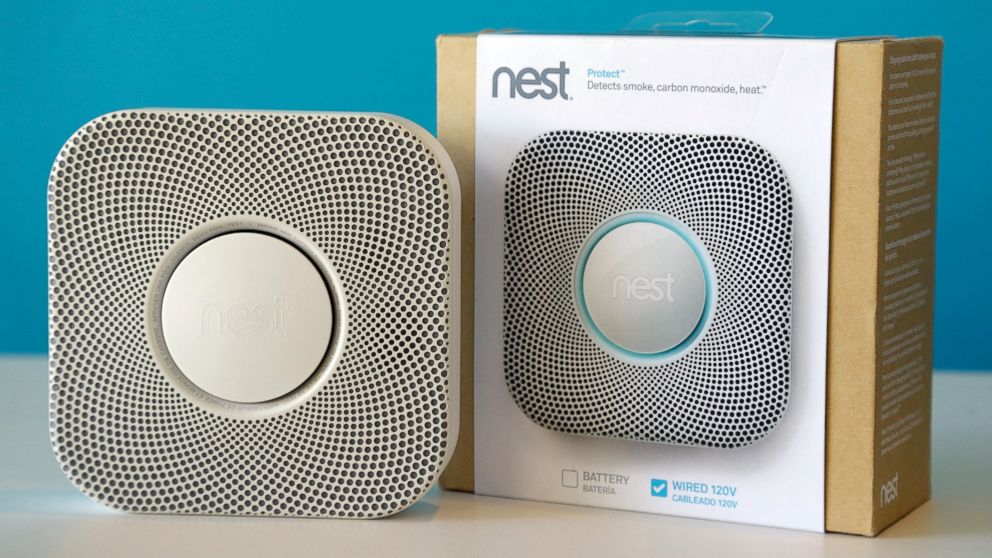Google's Best And Worst Big Acquisitions
Google buys one company a week on average, but not all of them work out.

Jan. 15, 2014 -- Of all the companies Google has acquired, which buys have been the most and least successful?
The tech behemoth this week announced it had bought Nest Labs for $3.2 billion--only the most recent, not the biggest, of its many purchases. Since 2010 Google has bought on average a company a week, the biggest being Motorola Mobility ($12.5 billion) in 2011.
George Geis, adjunct professor at UCLA's Anderson School of Management, has made a study of Google's acquisitions. Speaking of Nest Labs, he tells ABC News, "It's certainly a departure for them in some ways. I think it reflects the fact Google is looking for alternative revenue streams."
The buy, he says, departs from Google's habit of acquiring advertising and/or technology companies.
Nest Labs makes digital, stylishly-designed smoke alarms and thermostats; and Google, by buying it, gains entrée into consumers' homes. Nest Labs gives Google access to the so-called Internet of things—the whole set of home devices that can communicate and share data with one another.
Nest protect: thermostat start-up now wants to make your smoke detector
"Smoke detectors? Thermometers? The opportunity for advertising seems minimal," says Geis. "But as Google moves more into devices, as it seems to be doing, this is not an unreasonable effort. Smart homes are a growing business opportunity."
Google CEO Larry Page said in a statement that by acquiring Nest, Google was acquiring "a tremendous team" that could now be welcomed into the Google family.
Geis says Google's most successful acquisitions fit that same description: what's being bought isn't so much a company as a team of talent.
The pattern, he says, was set by Google's acquisition of Applied Semantics for $102 million in 2003. Something happened with that acquisition, he says, that imprinted itself on Google's DNA, making it the first in a series of what he terms "acqui-hires." In these, Google acquires not so much a company as a team of talent that can then be redeployed within Google, developing new products.
Applied Semantics' talent developed the online advertising tool AdSense, which, says Geis, now accounts for about a third of Google's revenues. "I'd say that was tremendously successful."
Other examples acqui-hiring include Deja News, which, after it was purchased, later emerged as Google Groups; and GrandCentral, a voice over IP company that later became Google Voice.
Geis tells ABC that Google, before acquiring a company, develops metrics it uses later on to determine whether the acquisition has been a success or failure. Google, according to Geis, has said publicly that it regards two thirds of its acquisitions as successes. Within the world of mergers and acquisitions, he says, that's a very high batting average.
Google's other biggest successes (besides Applied Semantics), says Geis, include Android, AdMob and YouTube—"although at YouTube the revenue and profit model is still coming to fruition."
So successful has been the acqui-hire approach, says Geis, that Yahoo now seems to have adopted and to be following the same strategy.




